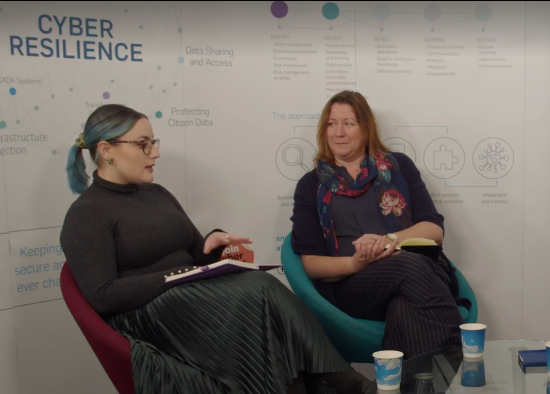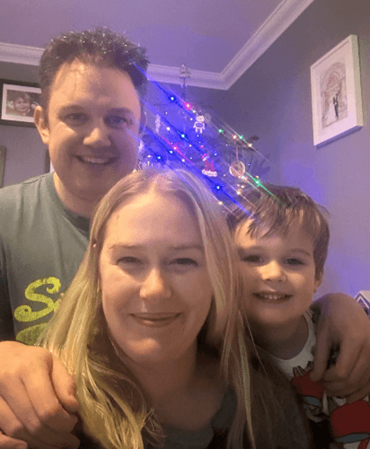Let’s find your next opportunity
AI Assistant: {{ chat.assistant.message }}
Suggested roles matches
Sort By
{{ job.job_posting_title }}
{{ job.is_cms_job ? (job.cities.split(';').length > 1 ? 'Various locations' : job.location_mappings[0]) : (job.location_mappings.length > 1 ? 'Various locations' : job.location_mappings[0]) }}
We are sorry there are no jobs that match your exact criteria. Try a new search term, or use the filters to continue browsing for available opportunities.
Suggested roles matches
{{ job.title }}
{{ [job.cities[0], job.regions[0], job.countries[0]].join(', ') }}
Various locations
We are sorry there are no jobs that match your exact criteria. Try a new search term, or use the filters to continue browsing for available opportunities.
Let’s find your next opportunity
{{ job.job_posting_title }}
{{ job.is_cms_job ? (job.cities.split(';').length > 1 ? 'Various locations' : job.location_mappings[0]) : (job.location_mappings.length > 1 ? 'Various locations' : job.location_mappings[0]) }}
Meet Della-Maria, Senior Cybersecurity Consultant at AtkinsRéalis, who made a unique career transition from law degree to cyber. Read Della-Maria's story and see how a career in cyber might be the perfect fit for you, even if you come from a non-technical background.

Diverse skills fuel cyber innovation
I joined AtkinsRéalis from a legal background, where learning about cyber-related legislation, regulations, and standards sparked my interest in cybersecurity. My legal studies helped me develop my critical and analytical thinking, enabling me to solve the complex cybersecurity challenges I encounter in my current role. Work experience at a commercial law firm and investment bank introduced me to risk management, easing my transition into cyber security. After all, cyber is just another form of risk.
Strengthening cyber diversity
Greater diversity and inclusion call for effective management of people and diversity. This involves implementing flexible processes that accommodate the unique needs of each individual. People managers need to identify where friction points are and why they exist. To do so effectively, they need to understand discrimination and its effects and recognize and mitigate their unconscious biases.
Empowering young cyber professionals
To champion this, I seek opportunities to get involved in our Early Careers initiatives, such as line managing our cyber Industrial Placement students and leading and overseeing our Cyber Summer Placement. I also share my ideas around effective people and diversity management internally, through our Cyber ED&I Working Group, and externally, through conferences and publications.

Diversity drives better decisions
Diversity of skills and thought is crucial from a legal, social value, social responsibility, and moral perspective – with the Equality Act 2010, the Public Services (Social Value) Act 2012, and simply because it is the right thing to do. It can also positively impact organizations by leading to the reduction or avoidance of 'groupthink,' which results in better decision-making.
"In the context of cyber security, we need a greater diversity of skills and thought to adapt to the evolving threat landscape and bridge the cyber skills gap."
'Corkscrew thinking' shapes security
This concept is nothing new. Sir Winston Churchill famously recognized the importance of diverse thinking in the context of cyber security. He used what he referred to as 'Corkscrew Thinking' as a 'secret weapon', recruiting individuals who demonstrated creative problem-solving, initiative, leadership, and emotional intelligence skills from a wide range of professions and backgrounds to aid the war effort in World War II.
Cybersecurity: beyond just technology
One of the most significant challenges I have faced in my role is the misconception that cybersecurity is exclusively technology-focused – i.e., that technology can resolve all cybersecurity-related concerns. However, there is no one-size-fits-all solution, as cyber security encompasses people, processes, and technology.
Cyber resilience means people & processes
The importance of people and processes raises another challenge – cyber security measures can often be viewed as a hurdle. One way to overcome this challenge is by drawing parallels between safety and security and balancing the effectiveness of security measures against the practicality of implementing them, particularly in complex operational environments.

Inspiring student-led cyber innovation
I enjoy supporting students in developing their cyber and consultancy skills through real-world experiences. So, leading AtkinsRéalis' Cyber Summer Placement has been incredibly rewarding. Innovation challenges are fantastic. This one enabled AtkinsRéalis to explore a new capability and strengthened our client relationship.
Leading the placement, I guided students in creating an automated operational technology (OT) asset discovery product, enhancing the client's understanding of their networks and reducing cyber risk. It was great that the insight gained from the students' work benefitted the placement client, who said they were thoroughly impressed with the amount achieved in such a short amount of time!
So, how do you know if cyber's right for you?
If you're interested in cyber, do your research. There are many misconceptions about cybersecurity—one is that it's exclusively technical. While you must develop technical skills, cybersecurity is a broad field encompassing people, processes, and technology. This means that many transferable skills apply to cybersecurity. For example, my legal background helped me quickly understand cybersecurity's people and processes aspect.
Once you've done your research, it's essential to speak to people in the field to understand the day-to-day realities of a career in cybersecurity. Because cyber is so broad, there are many different career paths. It's valuable to talk things through with someone who's already gone down a particular path so you can better understand what to expect and whether it's the right path for you.
Apply for a cybersecurity role with us today.
Related blogs
Related jobs
We are sorry there are no jobs that match your exact criteria. Try a new search term, or use the filters to continue browsing for available opportunities.

Everyone belongs
We empower each individual to shine and contribute to our collective impact. We believe in the power of unique perspectives. It’s how we’re engineering a better future every single day.













